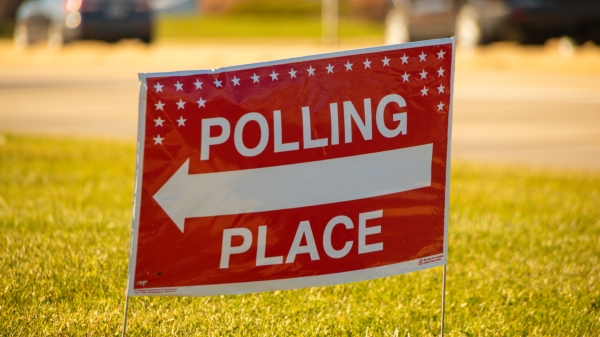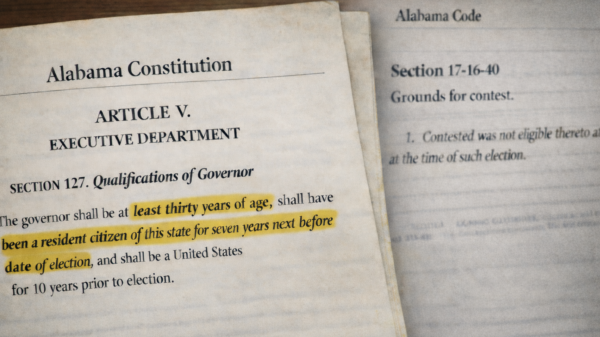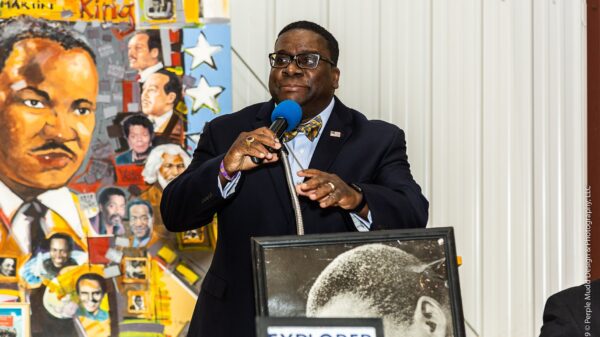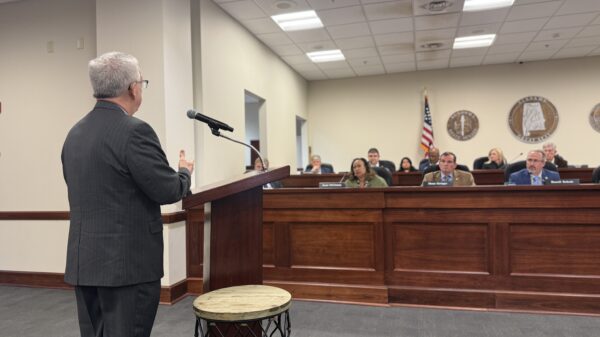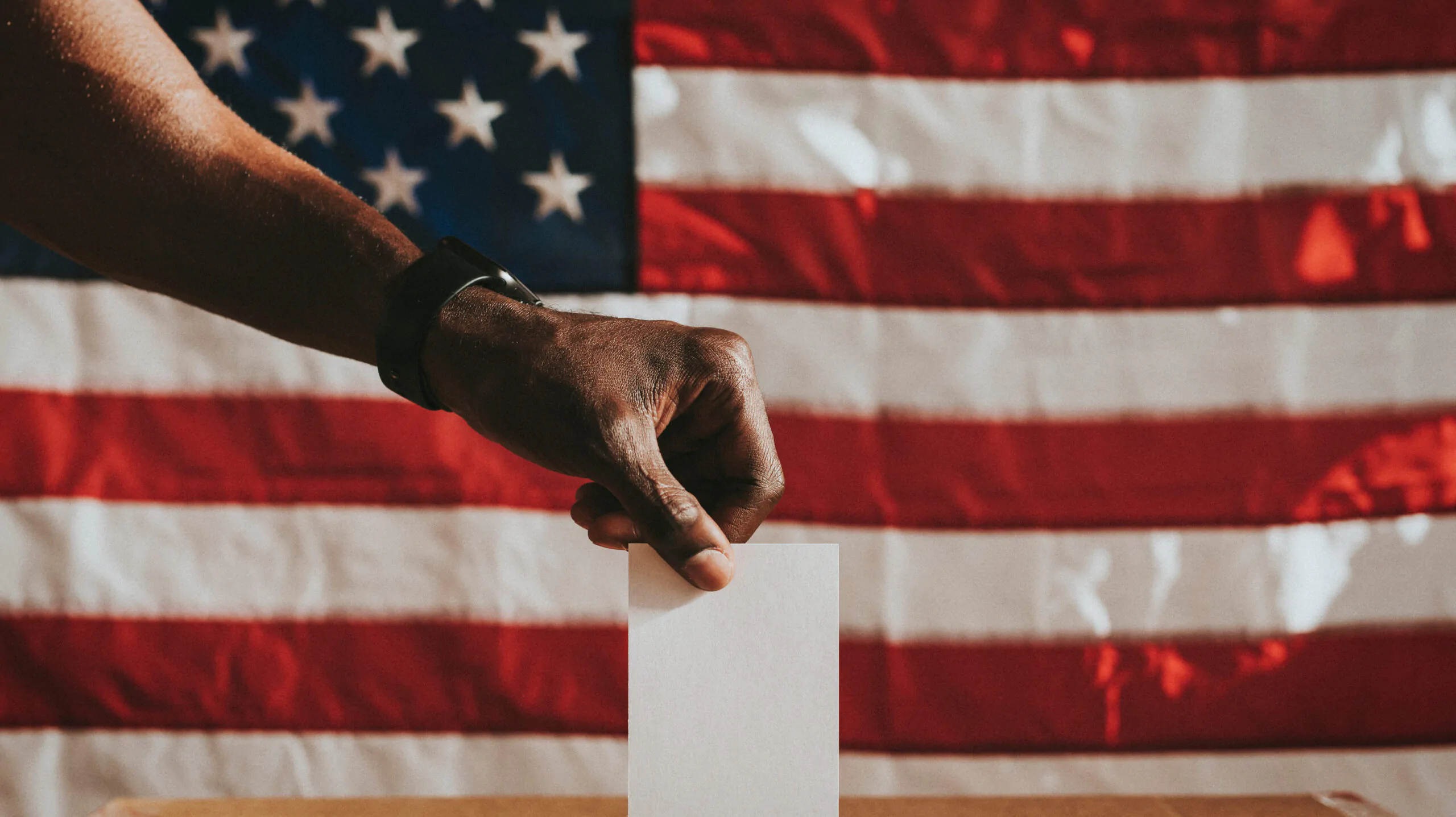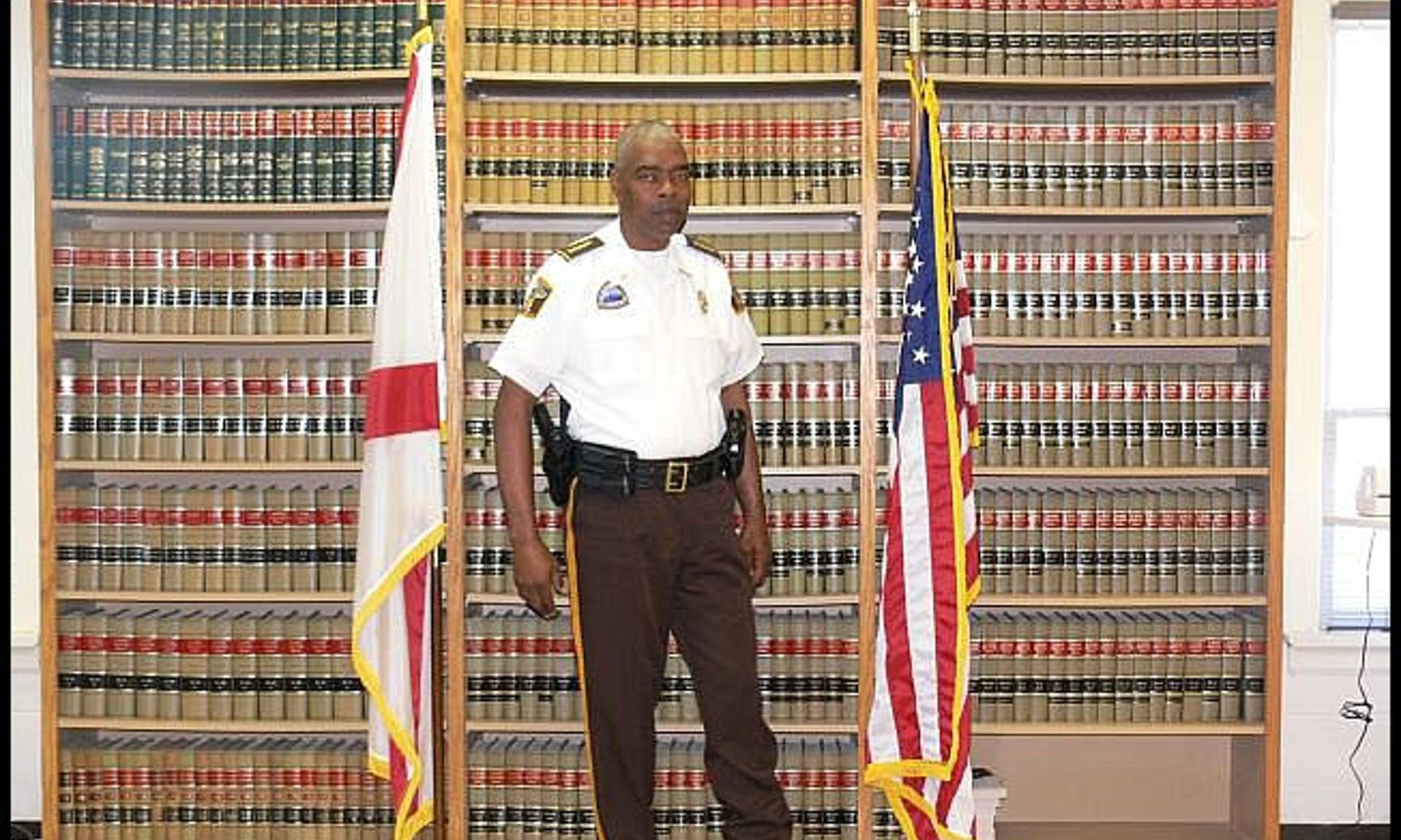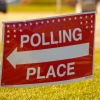In Alabama, voters use paper ballots, which are processed by optical scan machines. These machines read the marked bubbles on each ballot when they are fed into the system.
The technology for counting ballots does not involve modern communication methods, such as modems or cellular networks. All electronic voting equipment undergoes a certification process by the Alabama Electronic Voting Committee.
The Alabama Electronic Voting Committee includes one representative from the state legislature (one from the House and one from the Senate), two members appointed by the Secretary of State and the Attorney General, respectively and a probate judge nominated by the Alabama Probate Judges Association and ultimately appointed by the chief justice of the Alabama Supreme Court.
For recounts, ballots are to be retabulated by machine if the candidate’s winning margin is within the .5 percent trigger for a recount. The law in Alabama allows for ballots rejected by automatic tabulators to be inspected and recounted by hand, but Alabama has overwhelmingly leaned conservative since 1980.
As with the other 49 states, Alabama’s election results are considered unofficial until they are certified by Secretary of State Wes Allen.
Since Allen was worn in, he’s been vocal about his belief in “election day, not election month,” and has stood firmly behind this stance. Alabama is currently one of three states that does not allow early voting, and anyone who requests to vote by mail must provide a reason for doing so. Certain groups can fill out absentee ballots, but that is not the same as early voting.
Alabama is also one of only seven states that do not allow mail-in ballots to be processed before Election Day. These must be processed before the polls close at 7 p.m. and then counted after the polls close.


